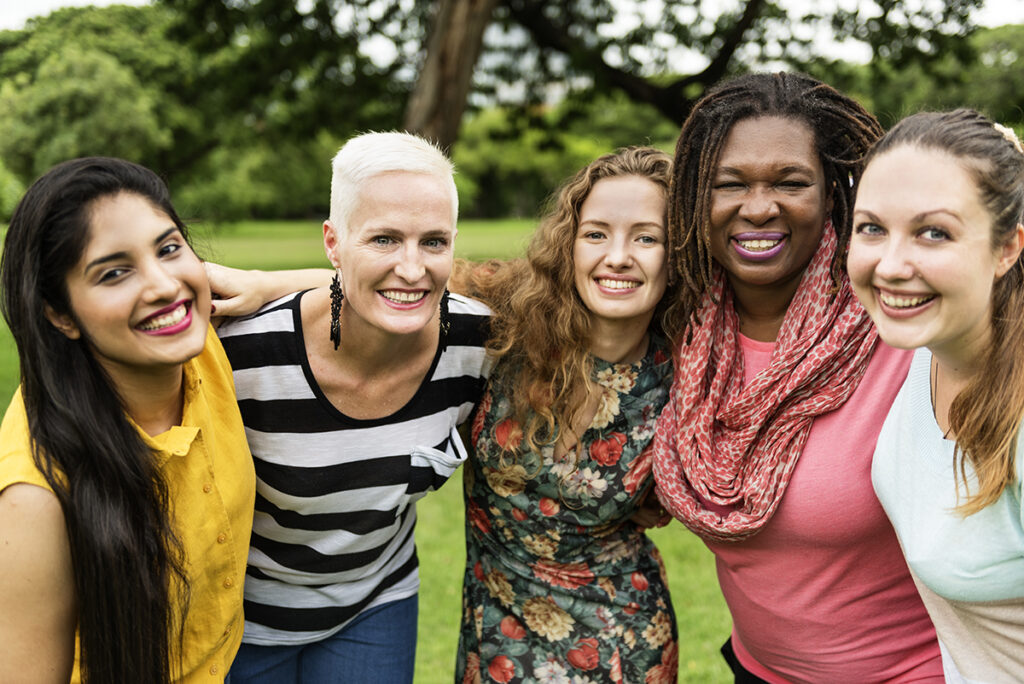Looking back through history, we can see how much women have accomplished in terms of achieving equal opportunity in the workplace, the classroom and the voting booth. However, despite many breakthroughs, women still experience gender-based discrimination and cultural expectations to fulfill tasks like caregiving and cooking.
As we prepare to observe International Women’s Day on March 8, what are some unique challenges facing women in society, and how can you take proactive steps to overcome these and achieve personal growth?
What’s at Stake for Women in Society?
Despite the tremendous strides we’ve made in the struggle for gender parity, women still encounter violence, discrimination and institutional barriers to equal participation in society. Historically, women who have joined the fight for civil rights or challenged conventional gender norms and stereotypes have faced hurdles such as:
- A harder time accessing mentors and career support
- Educational inequalities
- Outdated patriarchal attitudes that “punish” women for pursuing the same opportunities afforded to their male peers
- The gender wage gap
- A lack of respect for traditional “women’s work” like teaching, parenting and housekeeping
- Higher incidence of mood disorders such as anxiety and depression
- More barriers to addiction treatment and mental health recovery, including increased stigma, fear and shame
- Pregnancy and parenting discrimination
- The difficulties of balancing motherhood and career goals
- Gender-based violence, including domestic abuse, which is a leading cause of homelessness among women
How to Participate in International Women’s Day
The theme of this year’s International Women’s Day is “#ChooseToChallenge.” It’s a call to action to push back against the status quo by raising awareness about unconscious biases and celebrating women’s achievements. If you decide to take part in this worldwide observance, what are some activities you can do?
- Spread the word! Take a photo of yourself raising your hand high and share it on your preferred social media platform using #ChooseToChallenge and #IWD2021.
- Learn about the history of women’s suffrage and read books by leading feminist authors.
- Support organizations that fight for women’s rights, either through a financial donation or as a volunteer.
- Advocate for feminist-friendly workplace policies, such as a free program that connects women with career coaches.
- Lift up the women in your life by reaching out to tell them how much you love and appreciate them.
- Support small, local women-owned businesses in your community.
Notable Women in Recovery
As you pursue your sobriety journey, you can draw inspiration from these incredible pioneers who overcame addiction.
In a time when drug and alcohol dependency was taboo, Marty Mann championed the idea that alcoholism is a disease, not a moral issue. Known as the “First Lady of Alcoholics Anonymous,” Mann developed an alcohol addiction in her early 20s and nearly lost everything, including her business and her life. She was the first woman to use the 12-step tenets to achieve long-term sobriety, and she remained substance-free until her death in 1960.
Because of her willingness to speak openly about her struggle with addiction to opioids and alcohol, Betty Ford, the wife of former President Gerald Ford, spread awareness of addiction and encouraged other women with substance use disorders to seek treatment. In April 1978, the former first lady checked into the Long Beach Naval Hospital. Soon thereafter, she released a public statement explaining that her stay was due to her substance abuse disorder. Ford was also an outspoken advocate for equal rights and feminism.
Women Helping Women
At Canyon Crossing, we believe women respond best to addiction treatment in a loving, supportive environment where they can surround themselves with peers and feel free to express themselves. At our Arizona drug and alcohol rehab center, we teach women self-respect and empowerment, while providing them with a sense of belonging and connection.
Women often enter our program struggling with other issues alongside their substance use disorder, including self-harm, trauma, eating disorders and dysfunctional family relationships. While none of these problems cause addiction, resolving them can be a valuable component of recovering and preventing a relapse back to drinking and drug use. To learn more about our women’s-only addiction programming in Prescott, Arizona, please reach out to us today.



